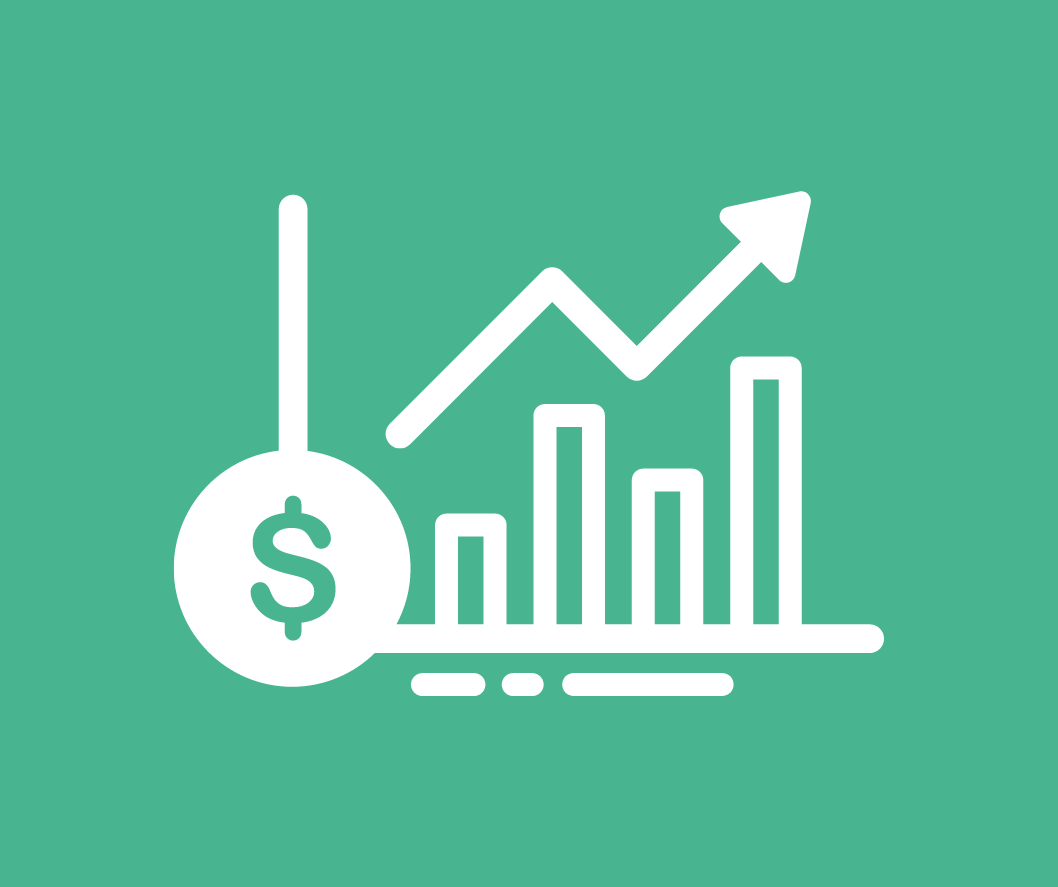
If you find yourself with extra cash – either a lump sum or excess dollars from your monthly paycheck – you may be wondering what to do with it. If you have debt – such as a mortgage or student loans – the prudent option may be to pay off your balances. However, it might also make sense to put the money to work in the form of investments that have the potential to generate greater returns than the interest rate on your debt. Deciding what to do requires analysis. Here are a few factors to consider.
When paying down debt makes sense
Depending on your financial circumstance, there may be good reasons to try to get at least some debt off your books. Among the most notable:
- You hold loans that come with high-interest rates. This is especially the case if you’ve accumulated credit card debt, where rates tend to be particularly burdensome.
- You want to improve your credit score. Paying off debts can help boost your credit rating, which may put you in a better position to pursue auto or home loans.
- You feel more comfortable lightening your debt load. It isn’t just a matter of dollars-and-cents. If the level of debt you hold makes you uneasy, it may be worth trimming the load when you can.
A general rule of thumb is to place a priority on paying off any debts where interest rates reach levels of 7% or greater. These costly loans can be a big drain on your resources and may exceed the returns you’d be able to achieve in a typical mix of investments.
When investing makes sense
In some situations, it may be best to put available dollars to work in investments to help you achieve future goals. This is particularly the case if:
- Your current debt load is manageable, and not placing an undue burden on your monthly cash flow.
- You are coming up short of a key financial goal that’s important to you, and an infusion of extra cash could help you achieve that goal. For example, you should make a priority of adjusting your budget (and using your extra cash to help make it happen) if you have not been in a financial position to take full advantage of employer-matching contributions to your workplace retirement plan.
- There is a shortfall in your emergency fund. You should have at least three-to-six months’ worth of income set aside in liquid savings to pay the costs of an unforeseen expense.
Finding a middle ground
Depending on the circumstances, a case can be made for a “hybrid” approach – using some of the cash to pay down debt while still taking advantage of the opportunity to invest a portion of the funds. Once again, this is a matter of choosing your priorities. You may not be able to accomplish everything you’d like, but you can determine what combination of debt repayment and investing makes the most sense for you, based on the priorities laid out above.
Work with a trusted and experienced financial advisor to ensure any decision you make is consistent with your overall financial plan and investment strategy.
Dynasty Financial Solutions is a financial advisory practice of Ameriprise Financial Services, LLC. in Hermitage, Pennsylvania. To contact Dynasty Financial Solutions please visit Dynasty Financial Solutions' Website.
Investment advisory products and services are made available through Ameriprise Financial Services, LLC, a registered investment adviser.
Ameriprise Financial and its affiliates do not offer tax or legal advice. Consumers should consult with their tax advisor or attorney regarding their specific situation.
Investment advisory products and services are made available through Ameriprise Financial Services, LLC, a registered investment adviser.
Investment products are not insured by the FDIC, NCUA or any federal agency, are not deposits or obligations of, or guaranteed by any financial institution, and involve investment risks including possible loss of principal and fluctuation in value.
Ameriprise Financial Services, LLC. Member FINRA and SIPC.
© 2023 Ameriprise Financial, Inc. All rights reserved.

